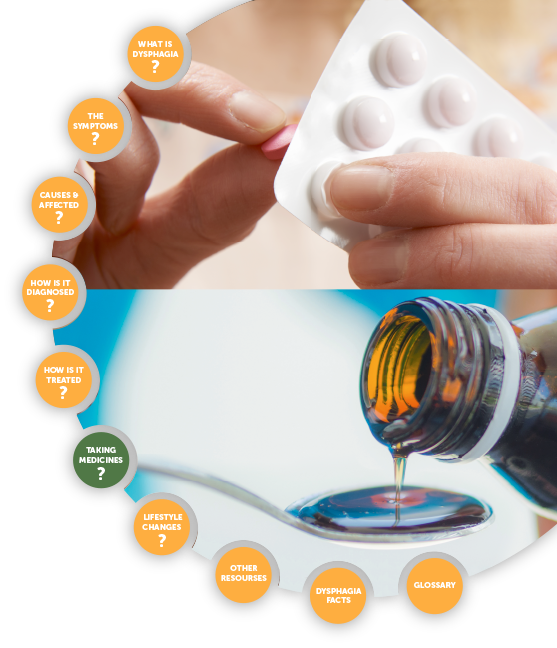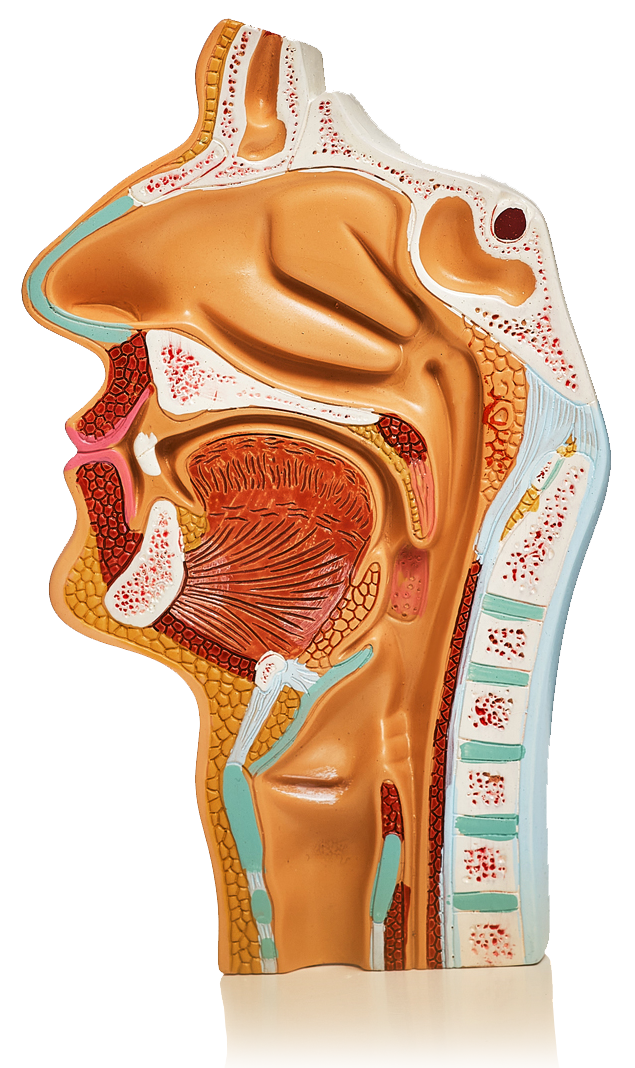
What about taking medicines?
Patients who find it difficult to swallow tablets might think that the answer is to crush tablets or open a capsule to make swallowing their medication easier1 – but it is not safe to do so without first checking with a healthcare professional.2 Some tablets and capsules have special modifications or coatings that have been developed for a specific purpose and will be damaged by crushing or opening.3
What about taking medicines?
Patients who find it difficult to swallow tablets might think that the answer is to crush tablets or open a capsule to make swallowing their medication easier1 – but it is not safe to do so without first checking with a healthcare professional.2 Some tablets and capsules have special modifications or coatings that have been developed for a specific purpose and will be damaged by crushing or opening.3
To crush or not to crush?
Tablets should not be crushed, and capsules should not be opened unless a pharmacist or doctor has advised that it is safe to do so.
Patients or their carers should see their doctor or nurse who will be able to prescribe their medicine in a more appropriate form, such as a liquid medicine. Many tablets and capsules are also available as liquids – which may be easier to swallow.4
- The pharmacist can advise whether a tablet can or can’t be crushed or a capsule opened and mixed with food.2
- Guidelines for healthcare professionals state that they should always ask a patient about swallowing before prescribing a medicine5
- It is important for patients and carers who have not been asked, to tell their doctor, nurse or pharmacist about any difficulties they have in swallowing medication.
Children’s medicines
There is no fixed age at which children can safely swallow tablets and capsules6 and many who have conditions that need medication may not like or be able to take it. For young children, liquids are regarded as the best format for oral medicines6 and tasting good is very important.7

References
- Strachan I, Greener M. Medication related swallowing difficulties may be more common than we realise. Pharmacy in Practice. December 2005.
- NHS. Problems swallowing pills.
Available at: https://www.nhs.uk/conditions/problems-swallowing-pills/
Accessed 28 February 2022. - Wright D, et al. Prescribing medicines for patients with dysphagia. A handbook for healthcare professionals. 2011.
- Medicines Management and Older People – a guide for healthcare professionals. Editor R Greenwell. August 2016.
- Wright D, Chapman N, Foundling-Miah M, et al. Consensus guideline on the medication management of adults with swallowing difficulties. In Foord-Kelcey G, editor. Guidelines – summarising clinical guidelines for primary care. 30th ed. Berkhamsted Medendium Group Publishing Ltd. October 2006.
- Reflection Paper: formulations of choice for the paediatric population. European Medicines Agency. London 28 July 2006.
- Batchelor H, et al. Oral formulations for paediatrics: palatability studies. Hospital Pharmacy Europe, 10 Aug 2015.
Available at: https://hospitalpharmacyeurope.com/news/editors-pick/oral-formulations-for-paediatrics-palatability-studies/
Accessed 28 February 2022.

